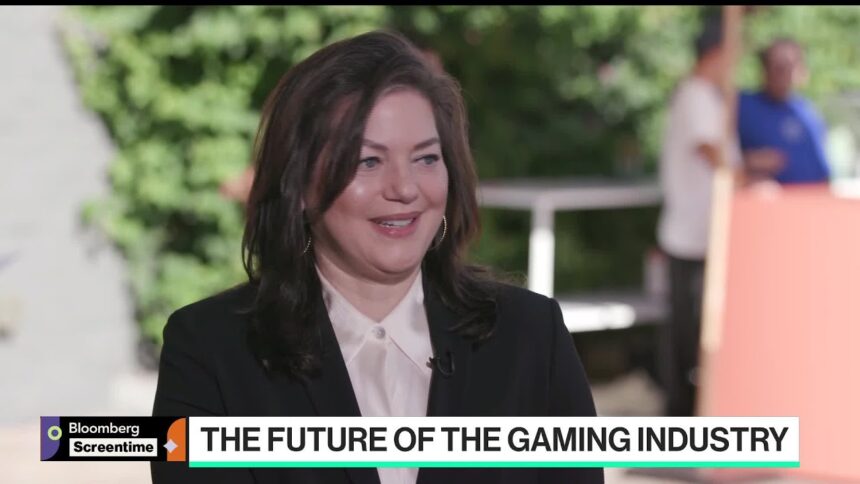AI's Transformative Power
Miele underlines that AI is not merely an aid but a game-changer for developers and players alike. It will optimize tools and workflows, enhancing the gaming experience and expanding content and frequency. She also sees AI as a significant catalyst for scaling EA’s business models. With 700 million players in its network, AI’s role in content moderation is expected to be crucial, ensuring safer and more vibrant gaming communities.
Boosting Creative Iteration
AI can empower developers to expedite the creative process by accelerating the “velocity of content.” Game development, known for its cost and time-intensive nature, stands to benefit from AI, streamlining the process of discovering what makes a game truly enjoyable.
Job Concerns and Future Opportunities
Job displacement due to AI remains a concern, acknowledged by EA CEO Andrew Wilson. He draws parallels with past revolutions that led to workforce “displacement.” Yet, he envisions “meaningful increases” in job opportunities in the long run. Despite these concerns, the gaming industry acknowledges the profound impact AI is set to have on its future.
- Advertisement -
A Bold Leap into AI
EA has been actively investing in AI-based development systems for years, with projects like Project Atlas, involving over 1,000 individuals. EA’s commitment to AI mirrors a broader industry trend. Microsoft’s significant investment in the AI space and gaming CEO Phil Spencer’s optimism underscore the potential of AI as a force for good in the gaming world. Take-Two’s Strauss Zelnick sees AI’s potential but remains cautious about immediate competition for iconic titles. Meanwhile, PUBG creator Brendan Greene utilizes advanced machine learning to craft expansive game worlds. AI is shaping up to be a pivotal element in the future of gaming.








